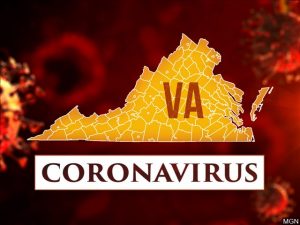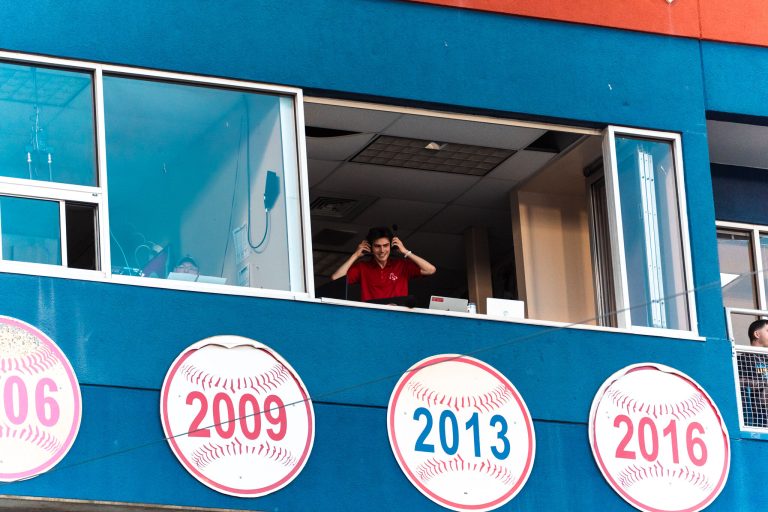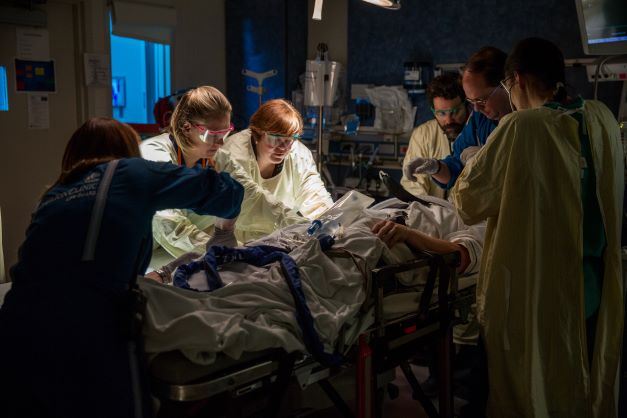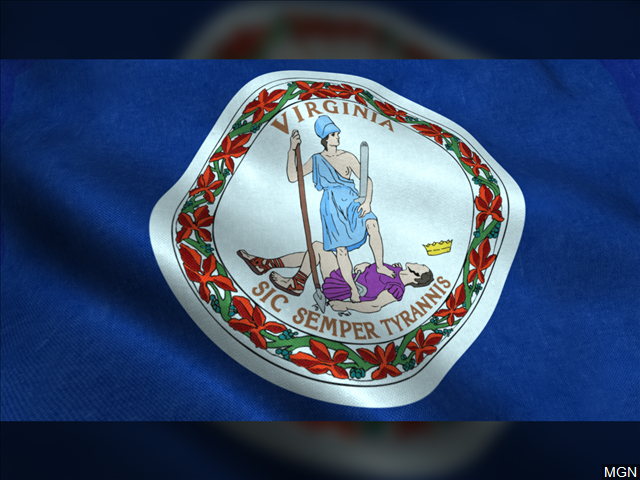 State health and education officials “strongly recommend” masks for all elementary school students, teachers and staff — regardless of vaccination status — when the next school year begins. But it is not a mandate, and schools have the option to implement their own policies. As for middle and high schools, state officials recommend a requirement that anyone not vaccinated should wear masks indoors.
State health and education officials “strongly recommend” masks for all elementary school students, teachers and staff — regardless of vaccination status — when the next school year begins. But it is not a mandate, and schools have the option to implement their own policies. As for middle and high schools, state officials recommend a requirement that anyone not vaccinated should wear masks indoors.
NEWS RELEASE: RICHMOND — The Virginia Department of Health and the Virginia Department of Education today released new guidance for PreK-12 schools for the upcoming 2021-2022 school year. The Interim Guidance for COVID-19 Prevention in Virginia PreK-12 Schools reinforces the importance of in-person learning and supports school divisions in making decisions on masking and other prevention measures, as informed by local data and guidance from the Centers for Disease Control and Prevention.
“Virginia has followed the science throughout this pandemic, and that’s what we continue to do,” said Governor Ralph Northam. “This guidance takes into consideration recommendations from the Centers for Disease Control and the American Academy of Pediatrics, and will provide necessary flexibility for school divisions while ensuring a safe, healthy, and world-class learning environment for Virginia’s students. Again, I strongly urge every eligible Virginian to get vaccinated. Getting your shot will protect you, your family, and your community—and it is the only way we can beat this pandemic once and for all.”
The State Health Commissioner’s Public Health Order is in effect until July 25, 2021 and will not be extended, giving school divisions the ability to implement local mask policies based on community level conditions and public health recommendations. As informed by recent recommendations from the Centers for Disease Control and Prevention, Virginia guidance strongly recommends divisions adopt the following for the 2021-2022 school year:
- Elementary schools should implement a requirement that students, teachers, and staff wear masks indoors, regardless of vaccination status, until vaccination is available for children under 12 years old and there has been sufficient time to allow for children younger than 12 years old to be fully vaccinated.
- At a minimum, middle and high schools should implement a requirement that students, teachers and staff who are not fully vaccinated wear masks indoors. While school divisions regularly confirm school-required immunization records of their students, they should consult with their counsel in determining if and how to confirm student and staff COVID-19 vaccinations.
- All schools may want to consider universal masking for specific reasons as outlined in certain circumstances by the CDC.
- All schools should be prepared to adjust local mask policies as local public health conditions evolve throughout the year.
The CDC federal order requiring masks be worn on public transportation remains in effect, and applies to buses operated by Virginia public schools.
“The science is clear that vaccinations and masks help keep our communities safe from COVID-19,” said Secretary of Health and Human Resources Daniel Carey, MD, MHCM. “Due to the dedication, expertise, and close partnership of the Virginia Department of Health and the Virginia Department of Education, the Commonwealth’s children and the individuals that help them learn will be protected by proven strategies, without a one-size-fits-all approach.”
“Schools occupy a special place in the life of our communities, and we need to do everything we can to keep everyone in them safe. This guidance is aimed at protecting students, educators, and staff while also providing localities with flexibility,” said State Health Commissioner M. Norman Oliver, M.D., M.A. “We continue to urge eligible Virginians to get vaccinated to protect themselves, their families and their communities.”
All schools in Virginia are required to make in-person instruction available to all students in the 2021-2022 school year, pursuant to Senate Bill 1303 which was passed during Virginia’s 2021 legislative session. According to the updated guidance, physical distancing of at least 3 feet should be maximized to the greatest extent possible but schools should not reduce in-person learning to keep a minimum distance requirement.
“We know that students learn best in school buildings, and this guidance ensures that divisions have the flexibility and support they need to provide access to in-person learning 5 days a week,” said Secretary of Education Atif Qarni. “I’m grateful to all of the school administrators, educators, and staff who have gone above and beyond to provide high quality instruction and support to students during this challenging time.”
Prevention strategies are most effective when layered together, and will continue to be necessary to prevent the spread of COVID-19 in schools. The guidance recommends that divisions work with local health departments to implement mitigation strategies based on information about the levels of community transmission, local vaccine coverage, the occurrence of cases and outbreaks in schools, and the use of screening testing data to detect cases in schools.
Vaccination remains the leading public health prevention strategy to end the COVID-19 pandemic. Vaccinating teachers, staff, and eligible students is a critical layer of prevention and protection for all.
“As schools prepare to welcome students back for the 2021-2022 school year, our priority is safely providing in-person instruction so that each and every child can learn and thrive in the classroom,” said Dr. James Lane, Superintendent of Public Instruction. “With this latest guidance and ample federal pandemic relief funds available to school divisions, our local school leaders are equipped to implement appropriate mitigation strategies and ensure student and staff safety within the schools in their communities.”
In 2020, Governor Northam directed $492 million in federal Coronavirus Aid, Relief, and Economic Security (CARES) Act funding to public schools and PreK-12 state-level education initiatives. This year, Virginia received approximately $939 million in ESSER II funds under the Coronavirus Response and Relief Supplemental Appropriations (CRRSA) Act of 2021. Ninety percent of the funding was distributed to school divisions in January, with the other 10 percent set aside for targeted state-level initiatives to address the impact of the pandemic on students and schools. Additionally, the American Rescue Plan (ARP) Act Elementary and Secondary School Emergency Relief (ESSER) III funds directly allocate $1.9 billion to school divisions, with an additional state set aside of $211 million.
This spring, Governor Northam announced $62.7 million in Virginia LEARNS Education Recovery grants to help school divisions expand and implement targeted initiatives to support Virginia students as they continue to recover from the impacts of the pandemic.



